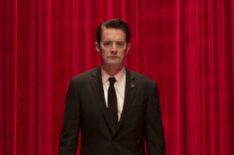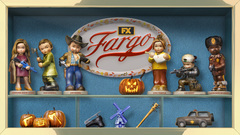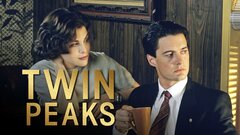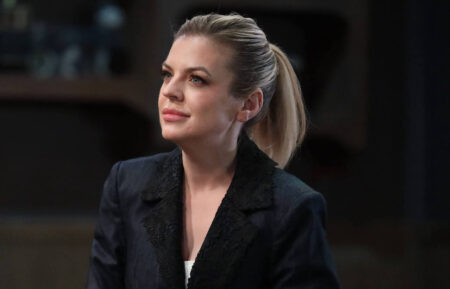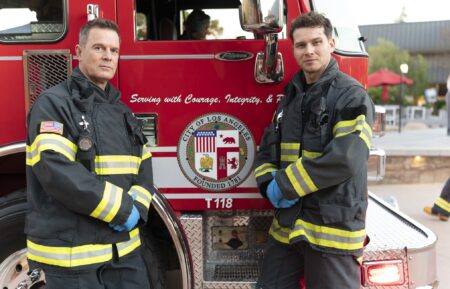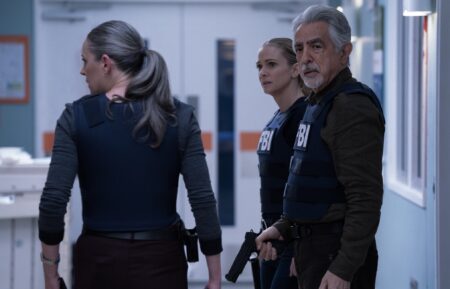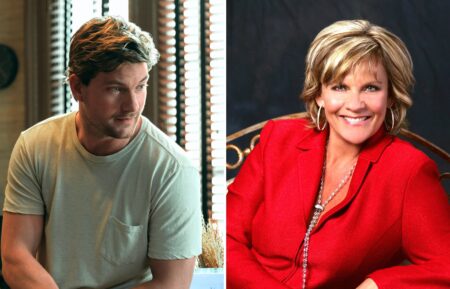Noah Hawley: How ‘Twin Peaks’ Influenced My Work
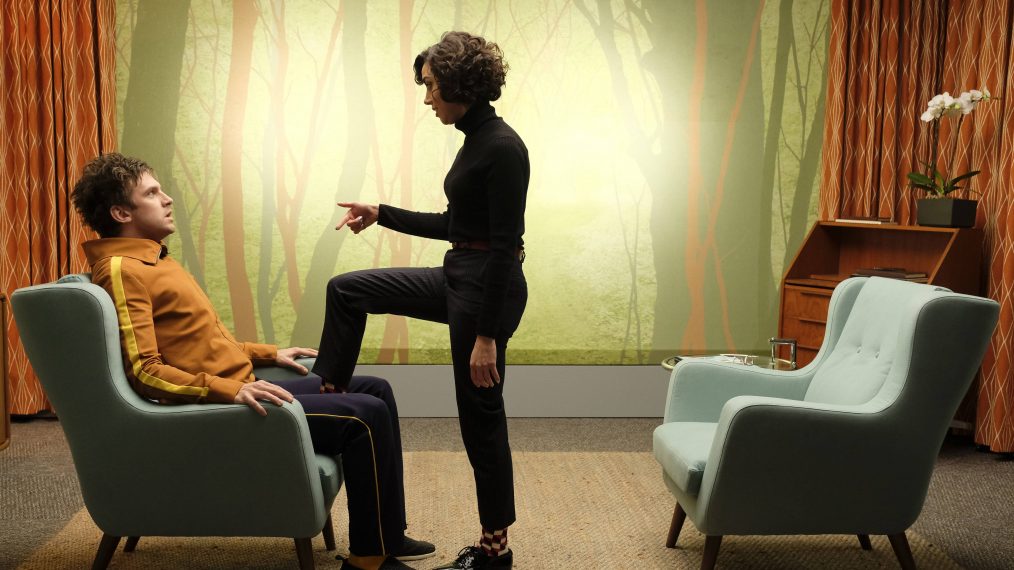
Column
Love it or hate it, you can’t deny that Twin Peaks is one of the most influential series in TV history. Lost, Legion, Fargo, Mad Men, Bates Motel, The X-Files and even Desperate Housewives owe a debt to David Lynch’s drama. As Showtime’s revival approaches its season finale, writer-producer Noah Hawley describes why Twin Peaks (both the 1990 ABC original and the reboot) is so gosh-darn impactful, and how that’s reflected in his own oeuvre.
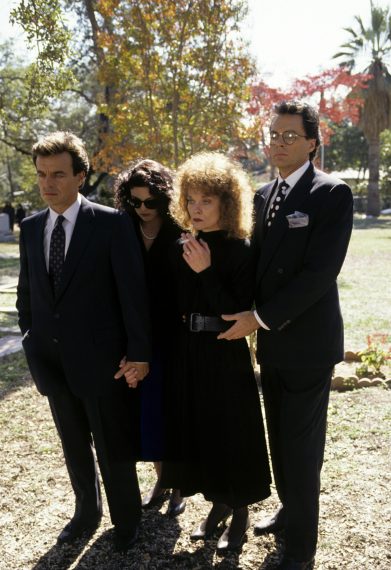
Nobody expected Twin Peaks. In 1990, networks didn’t take risks on unconventional filmmakers like David Lynch. For me, a twentysomething, the series was a revelation. On the surface, it seems to be just another show about a dead girl. (TV, unfortunately, is built on the backs of young dead women.) A logger finds the homecoming queen’s corpse. The police show up. An FBI investigator is called in. It even looks like your average series. Except it is different.
What makes Twin Peaks subversive isn’t that it is dark. It’s that it’s odd. One minute you’re watching something you’re used to seeing: the grieving mom and dad, the guy who found the body or the sheriff. The next, Agent Cooper [Kyle MacLachlan] arrives wearing head-to-toe black, with his ever-present tape recorder. And there’s a Log Lady! Suddenly what you thought you were accustomed to becomes really strange, but in a dangerous way. It’s something you’ve seen before, but now with an atmosphere of dread.
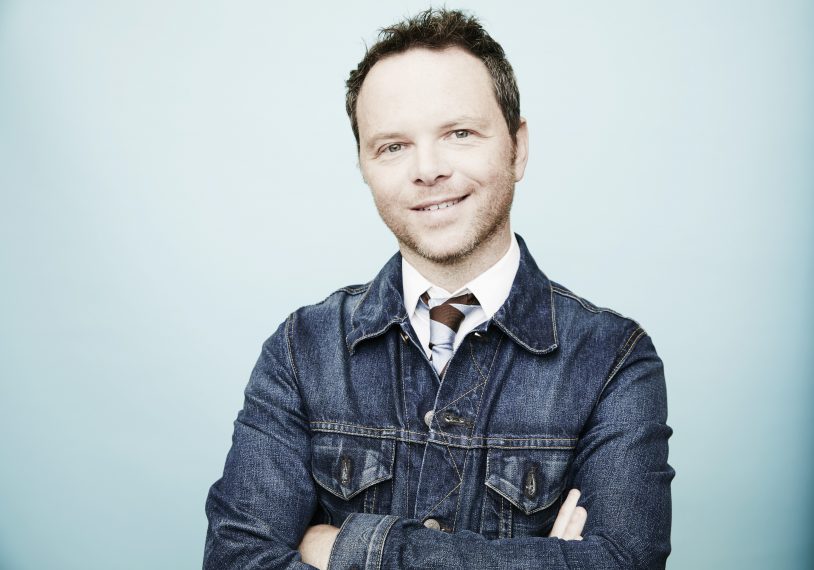
These tonal shifts are so abrupt that they are disorienting. They make it harder for the viewer to pin down how he or she is supposed to feel about the story, because some elements are totally horrific, some are so dramatic, and some are completely absurd—and it’s never predictable what’s going to come when. In the new series, there’s a scene in a hotel room when an FBI agent [played by Lynch] tells a woman to go to the bar. It takes her nearly 10 minutes to leave. She’s putting on a show for him while she gets dressed. As a viewer, you go through these stages of feeling it’s funny and then it’s annoying. Then it starts to be really uncomfortable. She’s giving the agent these crazy big smiles. Her happiness is so over the top that it becomes terrifying and uncanny.
I refer to Lynch’s work a lot in Legion’s uncanniness. The concept of the uncanny basically boils down to: What scares us most is not what you can’t see, but when familiar things act in unfamiliar ways. Think of a haunted house. Your house isn’t supposed to do that! In Legion [about a troubled, reluctant superhero, played by Dan Stevens], the contents of a kitchen start swirling around the main character like a tornado. These moments creep you out in a very specific way. It’s “This shouldn’t be doing what it is and I don’t know what to do about it and now the hair on the back of my neck is standing up.”
In Season 3 of Fargo, the scenes with Ray Wise [who plays a businessman on Hawley’s series and Leland Palmer in both series of Twin Peaks] have this odd feel. I didn’t consciously intend it as a reference to Twin Peaks. But Wise has this intensity, this hypnotizing quality. I put him in a bowling alley holding a kitten and it became an inadvertent homage to Lynch’s show.
You think, as a filmmaker, you know what you’re doing, and then you watch an hour of Lynch’s work and you think: “I have no idea.”—As told to Aubry D’Arminio
Twin Peaks, Series Finale, Sunday, Sept. 3, 8/7c, Showtime

